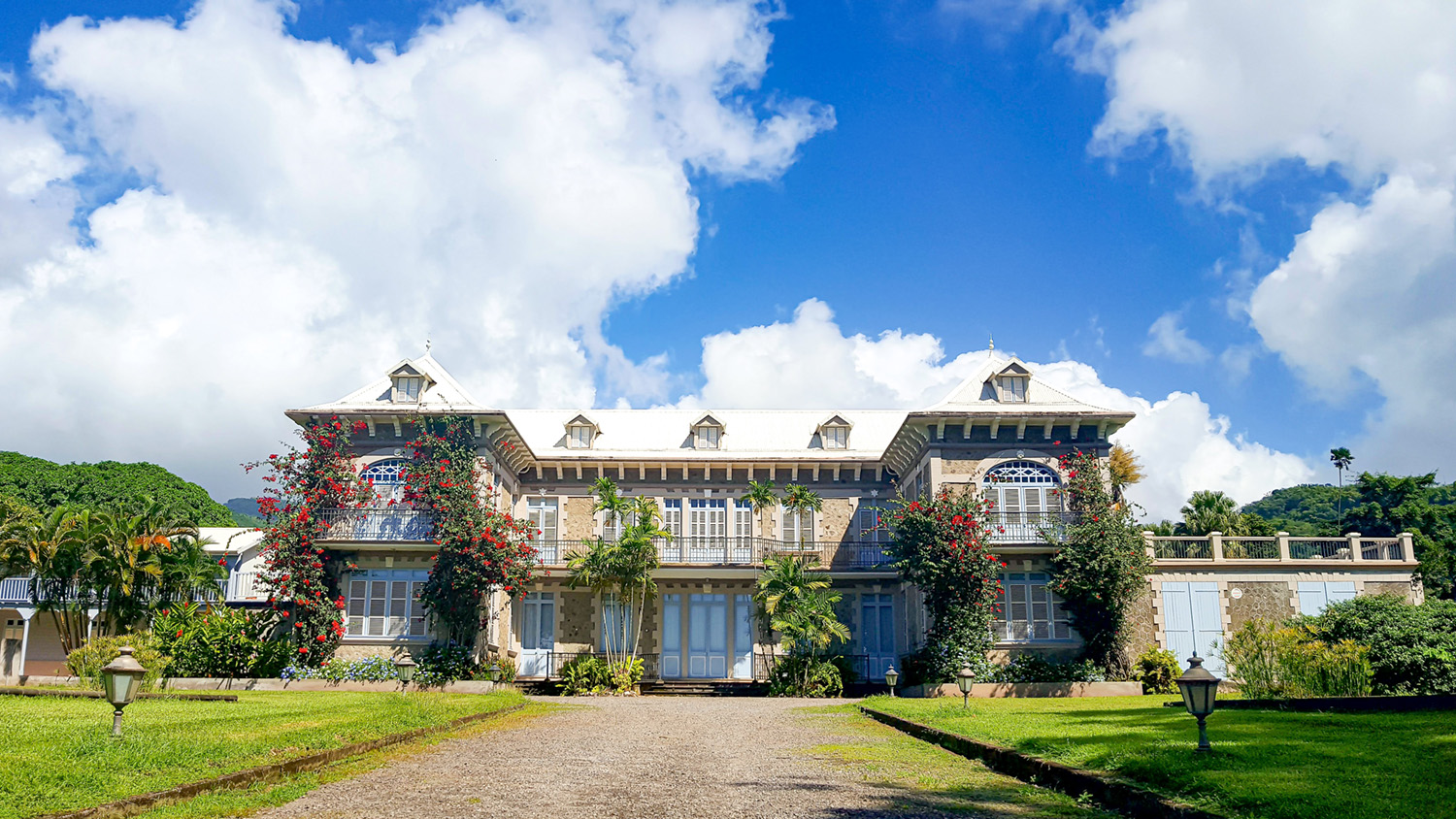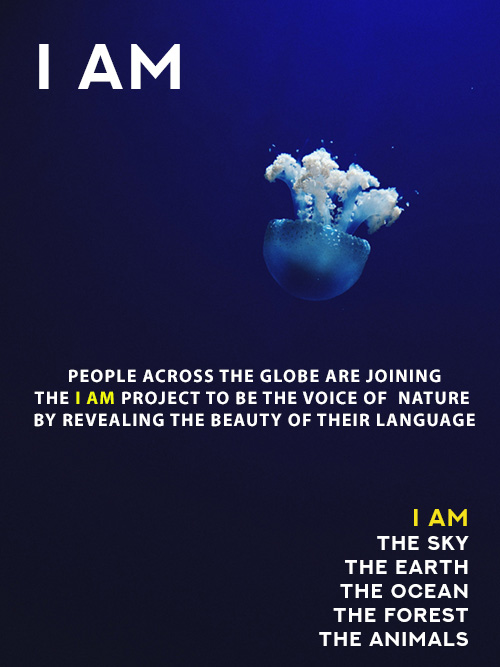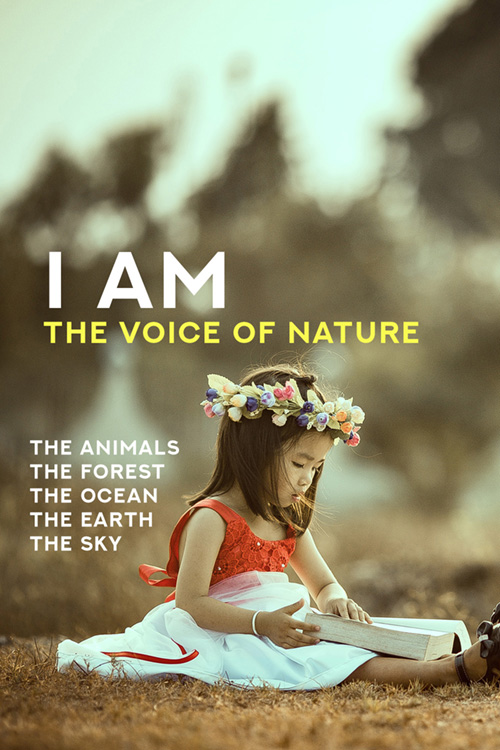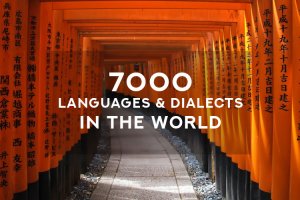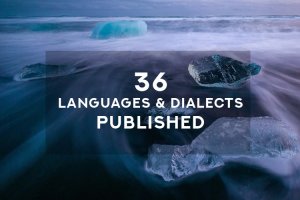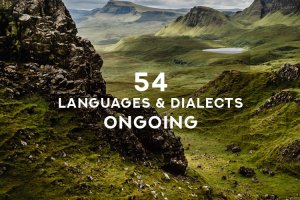Antillean Creole (Antillean French Creole, Kreyol, Kwéyòl, Patois) is a French-based creole, which is primarily spoken in the Lesser Antilles. Its grammar and vocabulary include elements of Carib, English, and African languages.
Antillean Creole is related to Haitian Creole but has a number of distinctive features. Antillean Creole is spoken natively, to varying degrees, in Dominica, Grenada, Guadeloupe, Îles des Saintes, Martinique, Saint-Barthélemy (St. Barts), Saint Lucia, St. Vincent and The Grenadines, French Guiana, Trinidad and Tobago, and Venezuela (mainly in Macuro, Güiria and El Callao Municipality). It is also spoken in various Creole-speaking immigrant communities in the United States Virgin Islands, British Virgin Islands, and the Collectivity of Saint Martin. Antillean Creole has approximately 1 million speakers and is a means of communication for migrant populations traveling between neighbouring English- and French-speaking territories.
In a number of countries (including Dominica, Grenada, St. Lucia, Trinidad, Brazil (Lanc-Patuá) and Venezuela) the language is referred to as patois. It has historically been spoken in nearly all of the Lesser Antilles, but its number of speakers has declined in Trinidad and Tobago, Saint Vincent and the Grenadines and Grenada. Conversely, it is widely used on the islands of Dominica and Saint Lucia; though they are officially English-speaking, there are efforts to preserve the use of Antillean Creole, as there are in Trinidad and Tobago and its neighbour, Venezuela. In recent decades, Creole has gone from being seen as a sign of lower socio-economic status, banned in school playgrounds, to a mark of national pride.
Since the 1970s, there has been a literary revival of Creole in the French-speaking islands of the Lesser Antilles, with writers such as Raphaël Confiant and Monchoachi employing the language. Édouard Glissant has written theoretically and poetically about its significance and its history.
source : Wikipedia


